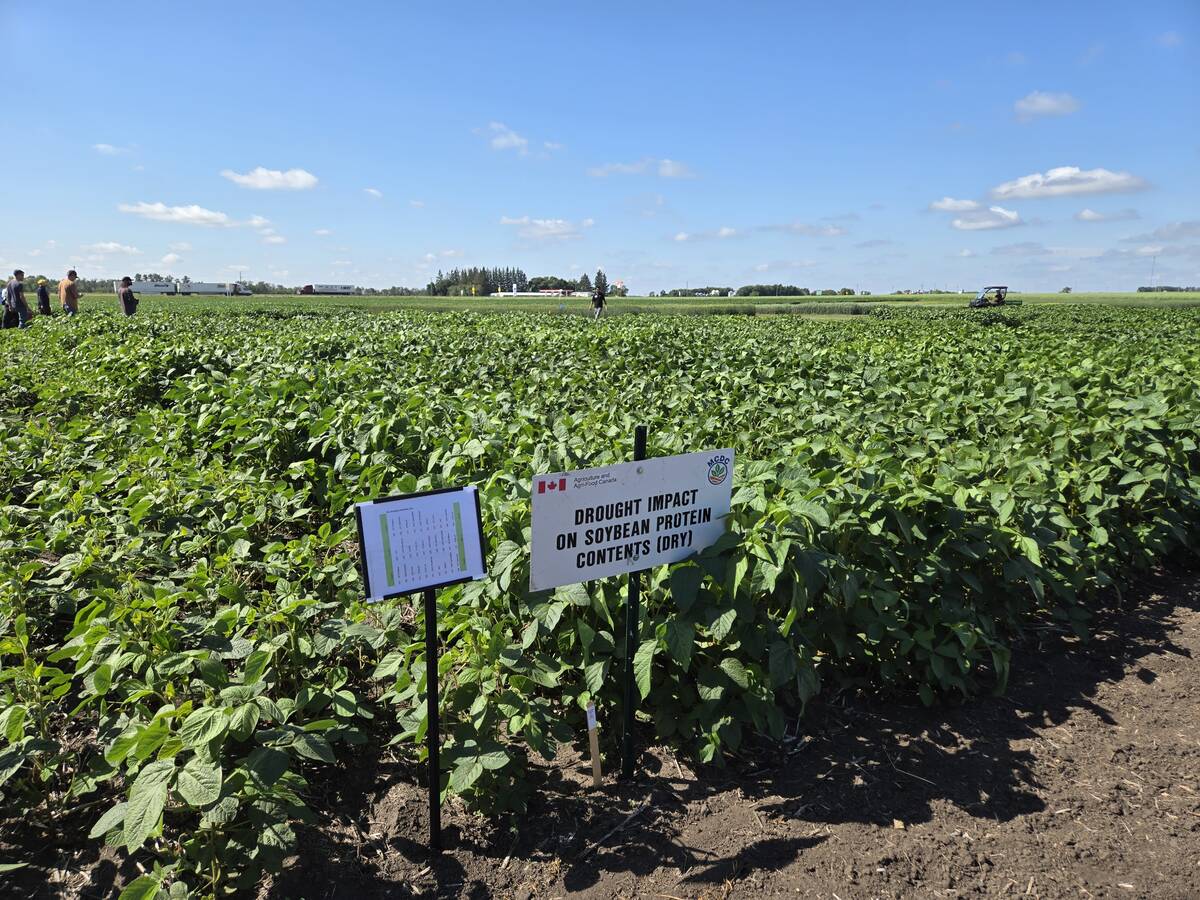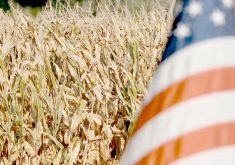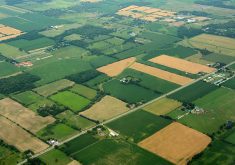DES MOINES, Iowa (Reuters) – Private agribusiness companies must lead the drive to sustainable agriculture if the world is going to succeed in winning the fight against hunger, food shortages and climate change, said Jeffrey Sachs, director of the Earth Institute.
“Pepsi or Monsanto or the big grain trading companies, I want them to come to the forefront and to the lead of solving some of these problems,” Sachs said in interview on the sidelines of the World Food Prize forum.
Earlier, Sachs challenged the executives and officials attending the annual event to think more creatively and critically about their role in the most pressing problems for the world community, from global warming to famine to poverty.
Read Also

Carberry field day looks for agriculture solutions
Manitoba farmers explored research solutions for resilient crops, perpetual agronomic issues and new kinds of agricultural products at a field day at the Manitoba Crop Diversification Centre in Carberry on Aug. 6.
“We face a challenge in which the food sector of the world, which is the single largest sector of the world economy, is really at the heart of multiple intersecting crises. We’re going to need a level of honesty, investment, directness and urgency to overcome this,” he told the conference.
“While there is discussion on each of these issues, I don’t think we’re on a trajectory of solution right now.”
Sachs, whose institute at Columbia University issues reports on the global outlook, said the food and fibre world agricultural system retains the power to transform global conditions.
“The food industry is absolutely at the centre – it is the leading cause of global anthropogenic change,” he said. “It is the number one sector of greenhouse gas emissions in the world.”
Sachs said about 18 percent of greenhouse gas emissions come from clearing rain forests and other forests for pasture and cropland. Roughly another 12 to 15 percent reflect the carbon dioxide from fossil fuel use in food production, from methane released from rice production and livestock, and nitrous oxide from more than 100 million tonnes of fertilizer spread on fields every year.
“We cannot go on the way we’re going and we need the food industry to say it first,” Sachs said. “When an industry doesn’t take these problems face on, it leads to disaster.”
Sachs pointed to the crippled state of the U.S. auto industry as a prime example of a great industry that made the wrong choices for the wrong reasons. Short-sighted profit motives and lobbying power played too big a role, he said.
“This is a powerful lobby,” Sachs said of the world agriculture and agribusiness. “This industry could lobby its way just to GM’s success. You could be so powerful that you lobby your way to bankruptcy.”
He said recognition of the scope of the problem, and the unique role that governments can play, can facilitate change.
Sachs said the food industry’s special place and impact on society placed special responsibility on its leaders.
“The sector is at the core of unsustainability right now. But it’s a sector that we depend on every hour of every day to stay alive. And that the planet now depends on to get these choices right. Let’s do this honestly, scientifically, equitably and globally,” he told forum participants.














